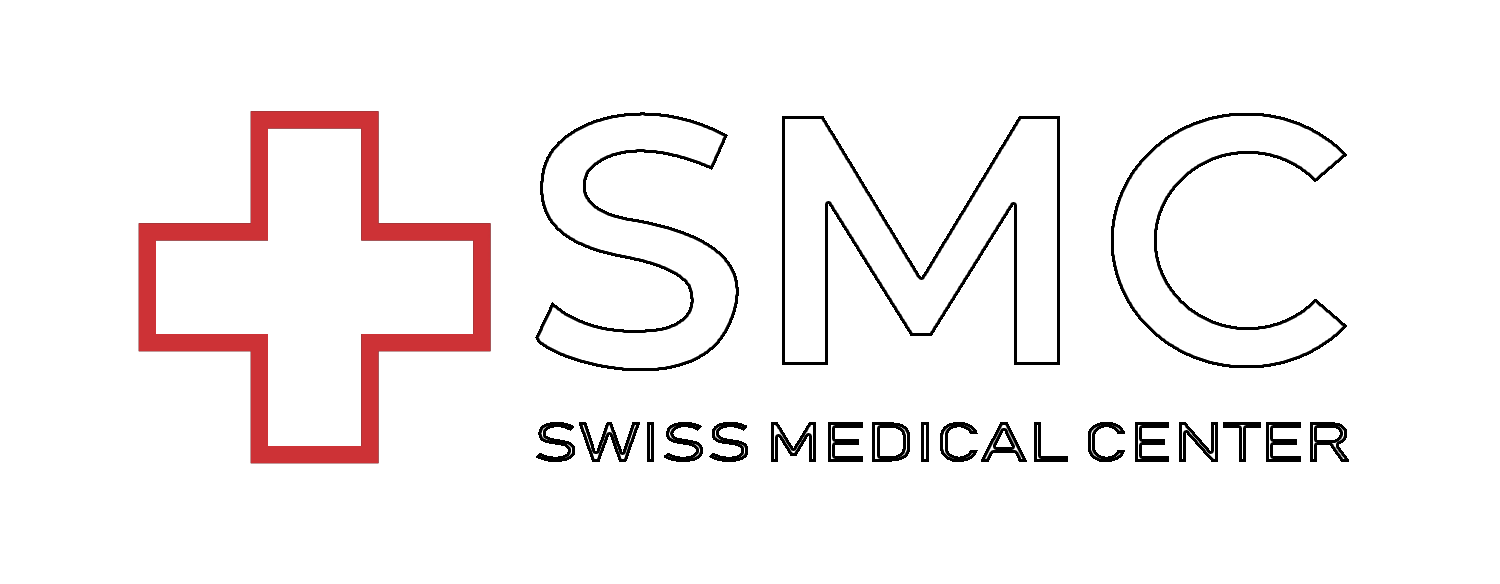Beyond Pink Ribbons: Why Breast Cancer Screening Saves Lives
October is Breast Cancer Awareness Month—a time when pink ribbons appear everywhere, from social media to storefronts. But beyond the symbolism lies a critical message that could save your life or the life of someone you love: early detection changes everything.
At Swiss Medical Center in Zurich, we believe awareness must translate into action. This month, we want to share what you need to know about breast cancer screening, risk factors, and why waiting for symptoms is not a strategy.
The Numbers That Matter
Breast cancer is the most common cancer among women worldwide. In Switzerland, approximately 6,300 women are diagnosed each year, and around 1,400 die from the disease. Yet when detected early—before it spreads beyond the breast—the five-year survival rate exceeds 99%.
Let that sink in: early detection transforms breast cancer from a life-threatening disease into a highly treatable condition.
The difference between these outcomes often comes down to one decision: whether to screen regularly or wait until something feels wrong.
Why Waiting for Symptoms Is Too Late
Many women tell us they'll get screened "when something doesn't feel right" or "if I notice a lump." This approach is understandable—but dangerous.
By the time a breast lump is large enough to feel, the cancer may have been growing for years. Early-stage breast cancers are often too small to detect through self-examination. They're invisible to touch, cause no pain, and present no symptoms.
This is precisely why screening exists: to find cancer before you can feel it.
Modern breast imaging technologies can detect abnormalities as small as a few millimeters—years before they would become palpable. At this stage, treatment is less invasive, more effective, and survival rates are dramatically higher.
Who Should Be Screened? Standard Screening Recommendations
In Switzerland, the national breast cancer screening program recommends mammography every two years for women aged 50 to 70. However, screening decisions should be individualized based on personal risk factors.
At Swiss Medical Center, we follow a personalized approach. Some women benefit from starting earlier or screening more frequently based on individual risk factors.
Higher Risk Factors Include:
Family history: Close relatives (mother, sister, daughter) with breast cancer, especially if diagnosed before age 50
Genetic mutations: BRCA1, BRCA2, or other hereditary cancer syndromes
Dense breast tissue: Makes mammography less effective and increases cancer risk
Personal history: Previous breast cancer, certain benign breast conditions, or chest radiation therapy
Reproductive factors: Early menstruation (before age 12), late menopause (after age 55), first pregnancy after age 30, or never having been pregnant
Hormone use: Long-term hormone replacement therapy
Lifestyle factors: Being overweight or obese, physical inactivity, and alcohol consumption
If any of these apply to you, discuss screening options with your doctor to determine the right schedule for your situation.
Beyond Standard Mammography: Advanced Screening Options
This Month: Take Action
Not all breasts are the same, and not all screening should be either.
Dense Breast Tissue: A Hidden Challenge
Approximately 40-50% of women have dense breast tissue, which appears white on a mammogram—the same color as potential tumors. This makes cancer harder to detect and increases cancer risk.
Dense breast tissue can mask tumors on standard mammograms, reducing the sensitivity of the test. Women with dense breasts may benefit from supplemental screening methods.
Advanced Screening Technologies
3D Mammography (Tomosynthesis)
Creates multiple images of the breast from different angles, allowing radiologists to examine breast tissue layer by layer. This technology improves cancer detection rates, particularly in women with dense breast tissue, and reduces false-positive results.
Breast Ultrasound
Uses sound waves to create images of breast tissue. Particularly useful for examining dense breast tissue and evaluating abnormalities found on mammography. Can detect cancers that mammography misses in dense breasts.
Breast MRI
The most sensitive imaging method for detecting breast cancer. Recommended for women at high risk due to genetic mutations, strong family history, or previous chest radiation. MRI is particularly effective at detecting cancer in dense breast tissue but may also identify more false positives.
Molecular Breast Imaging
An emerging technology that can be especially helpful for women with dense breast tissue when mammography results are unclear.
At Swiss Medical Center, we provide rapid access to Zurich's leading diagnostic centers and university hospitals equipped with the latest imaging technology. Through our extensive network of specialist partnerships, we ensure you receive advanced screening with state-of-the-art equipment and interpretation by top radiologists. When you receive your mammogram results, we provide clear information about your breast density and work with you to determine the most appropriate screening strategy going forward.
The Swiss Medical Center Difference
Under the leadership of Dr. Andreas Brauchlin, our breast health program combines:
Expert Network Access
Rapid referrals to Zurich's leading diagnostic imaging centers
Access to state-of-the-art 3D mammography, ultrasound, and MRI technology
Partnerships with top radiologists and breast imaging specialists
Timely results and clear communication
Personalized Risk Assessment
Detailed family history evaluation
Genetic counseling and testing when appropriate
Breast density assessment
Comprehensive risk factor analysis
Seamless Care Coordination
Our strength lies in coordinating your care across Zurich's top medical institutions. If screening is needed, we arrange appointments at leading diagnostic centers. If abnormalities are detected, we coordinate immediately with the region's best breast surgeons and oncologists, ensuring you receive expert care without delay. Our international medical network means we can facilitate consultations with specialists worldwide when needed.
Holistic Support
Beyond screening coordination, we provide:
Nutritional guidance for cancer prevention
Comprehensive health assessments
Wellness programs tailored to reduce cancer risk
Pink ribbons raise awareness, but action saves lives. This October, make a commitment to your breast health:
Schedule your screening: If you're in the recommended age range and haven't had a mammogram recently, book one now.
Know your risk: Understand your family history and discuss your personal risk factors with your doctor.
Get comprehensive assessment: Consider our executive health program, which includes breast cancer screening as part of a complete health evaluation.
Encourage others: Talk to the women in your life about screening. Share this information with friends, sisters, daughters, and colleagues.
Book Your Breast Cancer Screening Today
Early detection saves lives. Don't wait until next October.
Contact Swiss Medical Center to schedule your breast cancer screening or comprehensive health assessment:
Contact us at +41 44 555 5010 or fill out the contact form for feedback.
Visit us at Raemistrasse 6, 8001 Zurich
We offer flexible appointment times to accommodate busy schedules.
Remember: You don't need symptoms to schedule a screening. You don't need a family history to take your breast health seriously. You just need to take the first step.
Be proactive. Be informed. Be screened.
Swiss Medical Center: Where Prevention Meets Excellence


